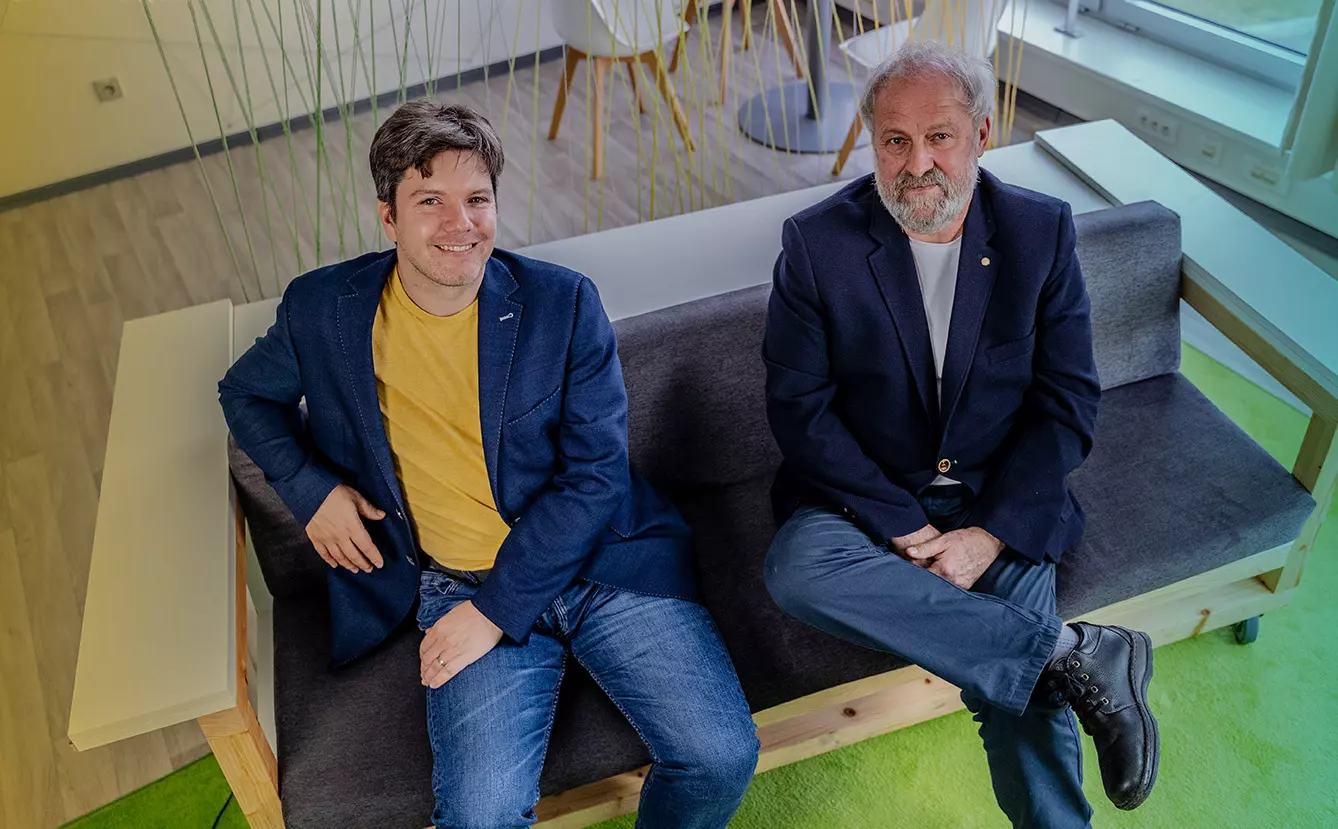The use of chemicals in agriculture is a well-known problem. However, alternative bio-production is inaccessible to many due to the lower quantity of food produced and higher prices. The European Union wants to become carbon neutral and increase its bio-food production by increasing the percentage of bio fertile soil from 8 to 25 percent.
Czech startup Ullmanna has come up with a solution to help farmers get through the transition. Its flagship product NEWMAN removes weeds from the ground to help root vegetables grow. This way, it guarantees high efficiency and sustainability in farming.
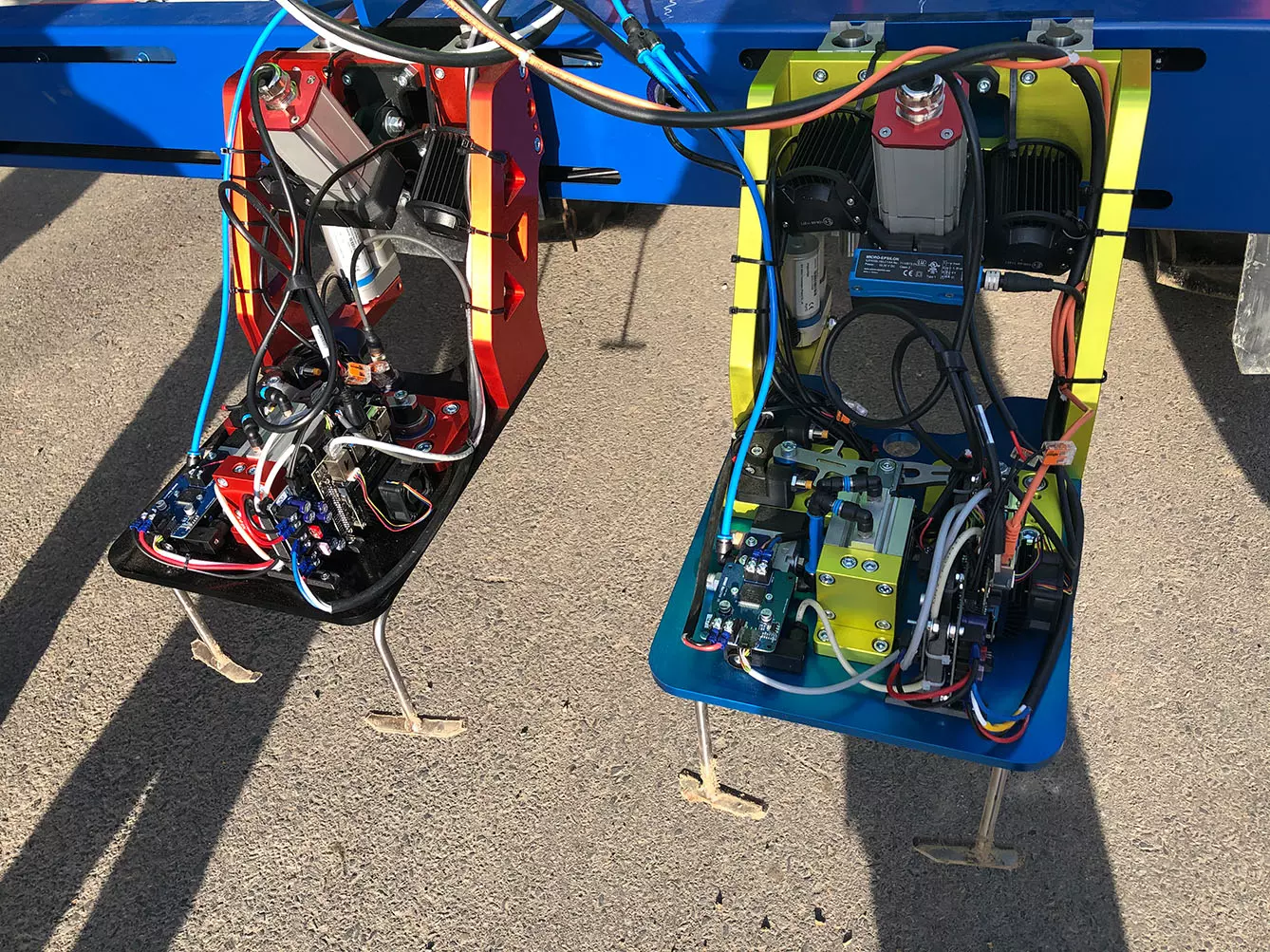
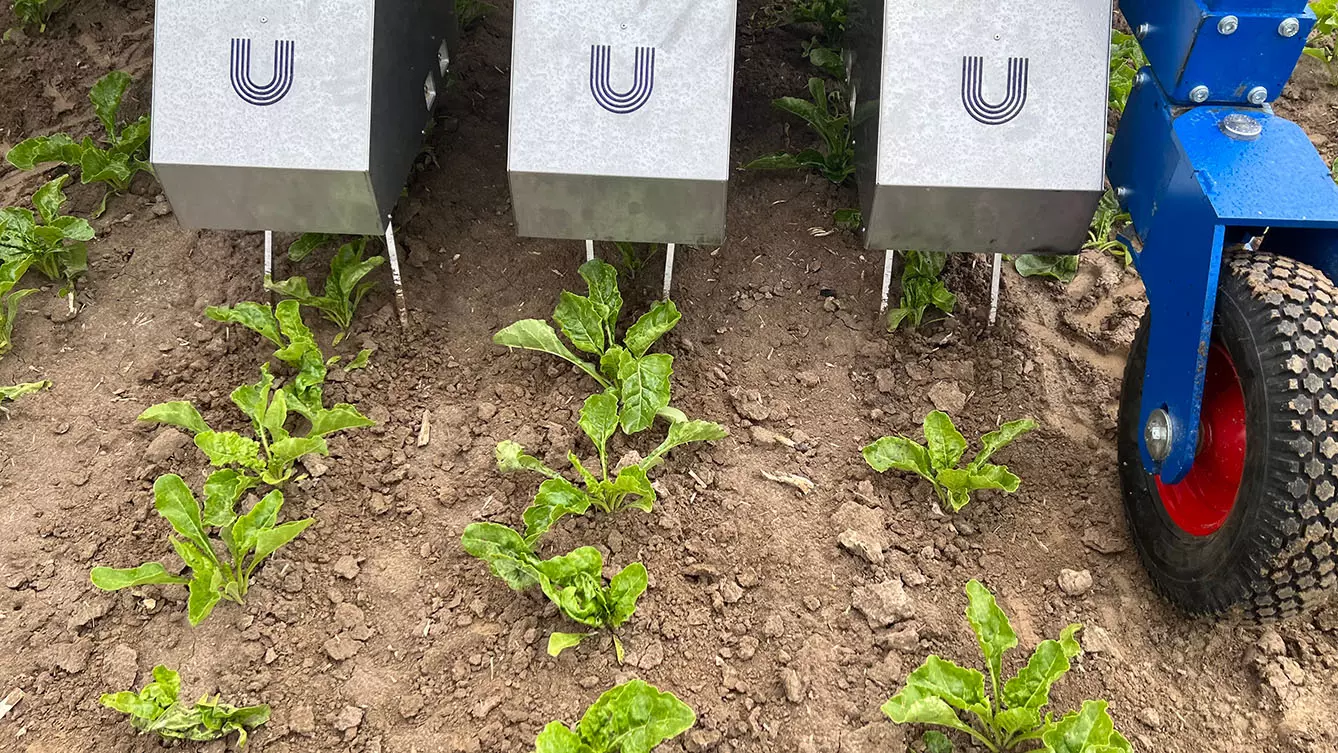
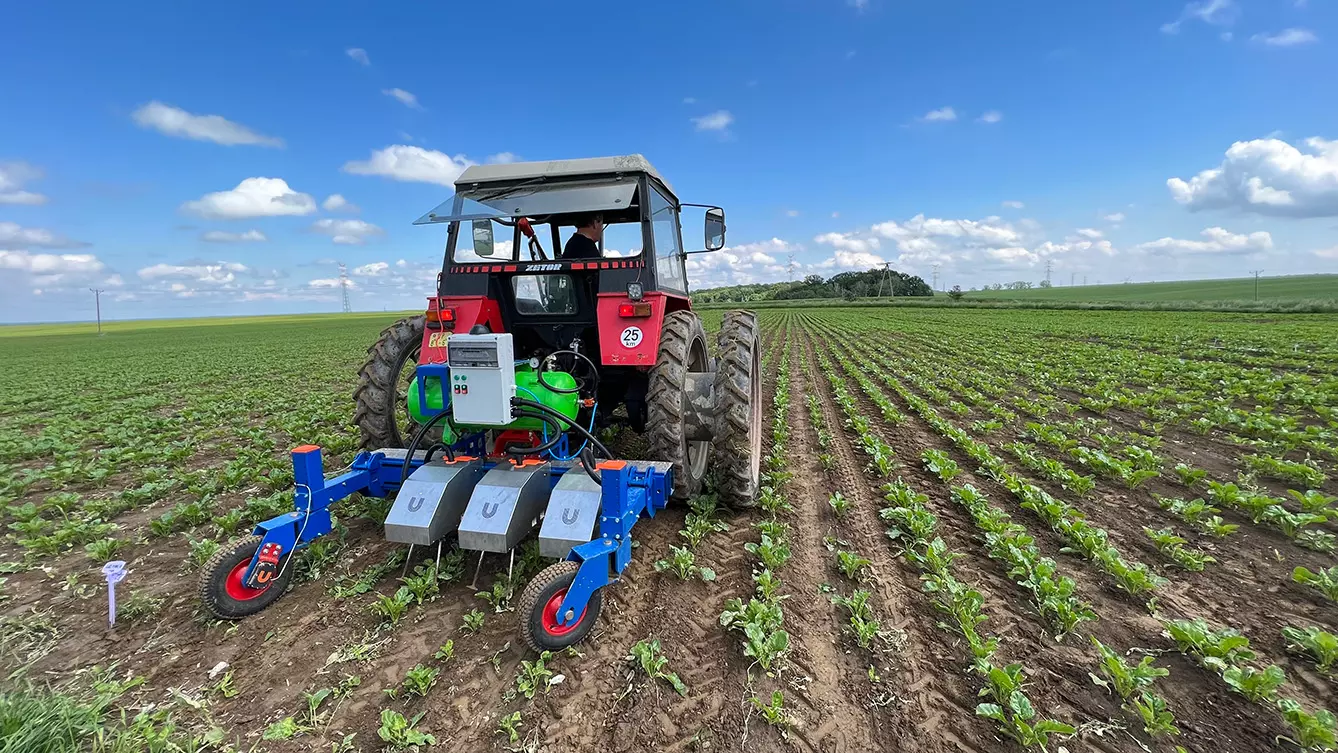
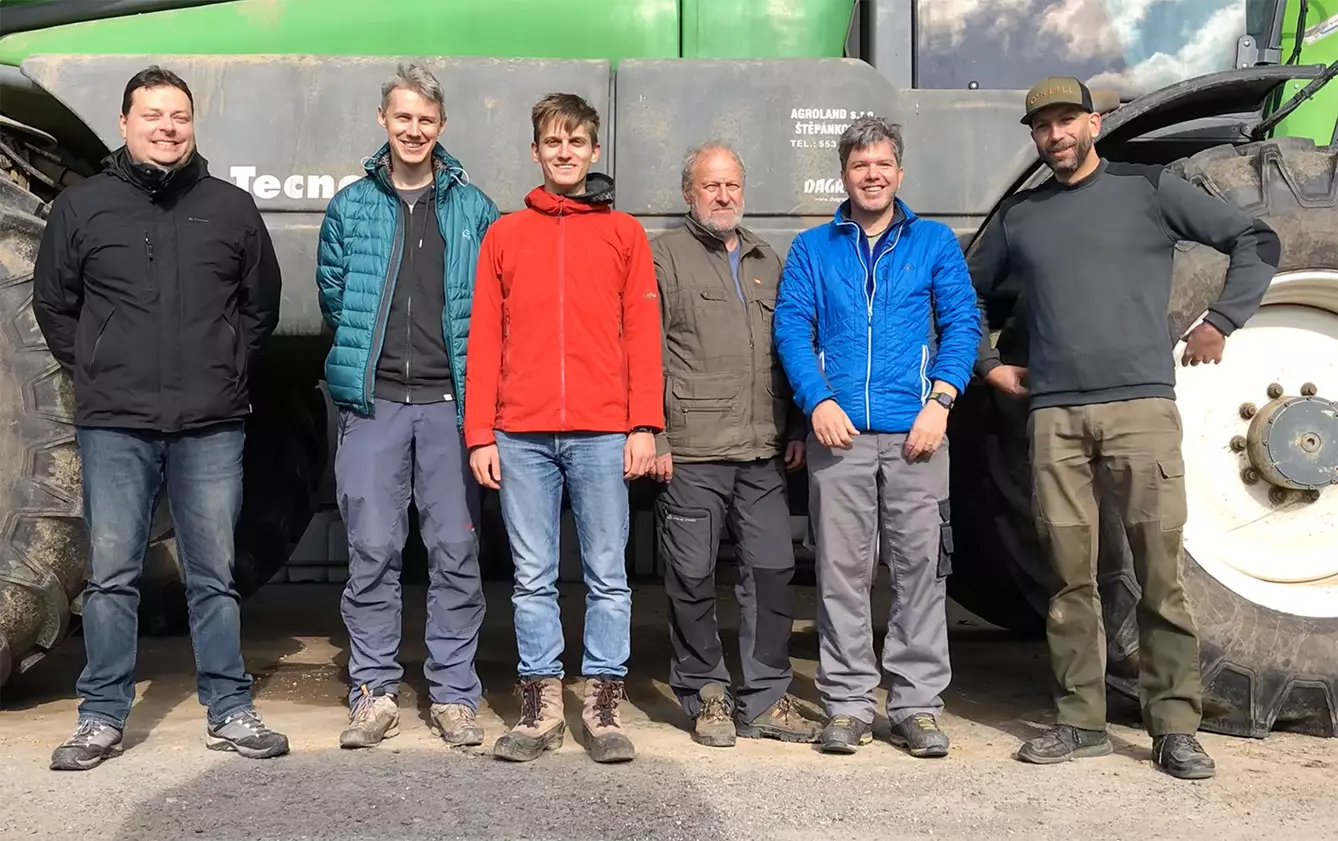
Family business
The CEO of the startup is Martin Ullmann from Opava, Czechia. Formerly an IT expert for the Czech army, he went on to work in corporate and small international business enterprises. After learning about the problems of Czech agriculture, including the use of chemicals, Martin teamed up with Jindrich Ullmann, a relative working as an agronomist, to create Ullmanna, which ultimately led to the creation of NEWMAN.
Finalized in 2021, the flagship product is currently being promoted to potential clients in farming. Currently, it is being used in Czechia, Poland, Slovakia, and Austria to scan the different types of root vegetables and other vegetation it can come across. NEWMAN can be on any field where root vegetables grow. The knives help them grow by removing weeds that block their growth and impact soil fertility. The production strength equals the work of 60 laborers, in contrast to its small size.
How does the product work?
NEWMAN is a small siding attached to the tractor’s back. It contains four sets of knives located underneath the main structure. Each part has its own camera and a software machine located next to the blades. Once the cameras detect weeds, the knives dig into the soil and remove it. The whole process is speedy and encompasses excellent detail.
It took two years to construct the flagship product that was introduced last year. Although there were no major issues or setbacks in developing NEWMAN, Martin sees the problem in other R&D experiments in agriculture. In particular, he claims that many research projects and suggested devices are detached from the realities of farming.
Although partly robotized, it remains a challenge to introduce fully autonomous devices in agriculture that would relate to the real needs of farming. Martin sees the potential in R&D rather than in further construction development. For this reason, he hopes to hire a team of R&D experts as one of the next steps.
Selling the product and future potential
Since completing the current product, Ullmann relatives have been actively working on sales. They have obtained a patent on NEWMAN and its hardware, which gives them stability in further developing the software. The increase in data processing will enable the product to effectively chop other plants so that plowing will contribute even more sustainable farming in the future.
The startup has so far obtained over EUR 400,000 from the state-based CzechInvest fund. Its two founders have successfully presented it to several accelerator programs, such as the MassChallenge in Switzerland, where they were awarded EUR 10,000. The startup hopes to be equally successful in obtaining grants from the European Union in the future to support green transition in agriculture.
With interest in sustainable farming growing, the potential of a fast and efficient intra-row weeding machine powered by AI is enormous.


